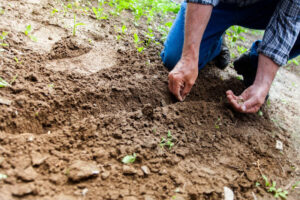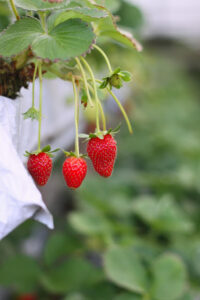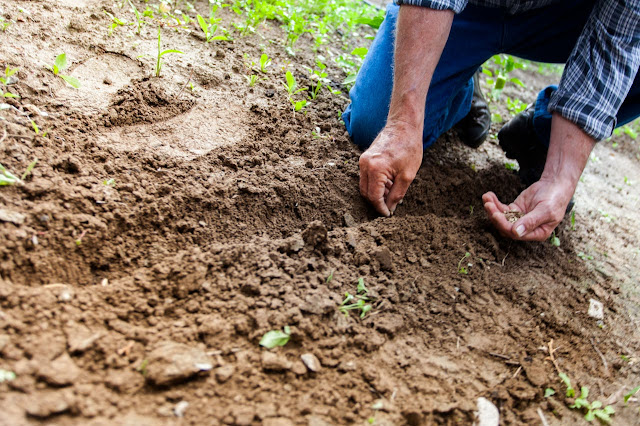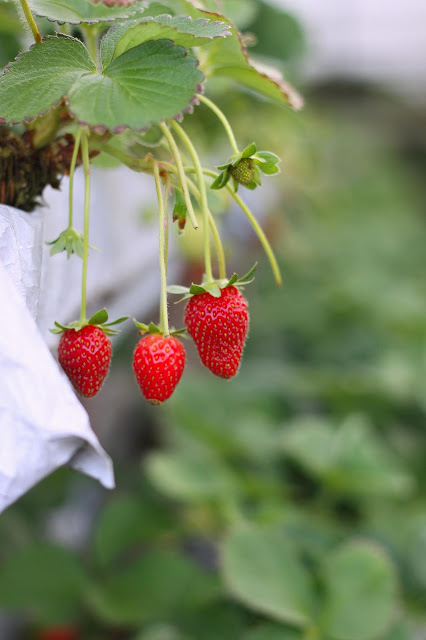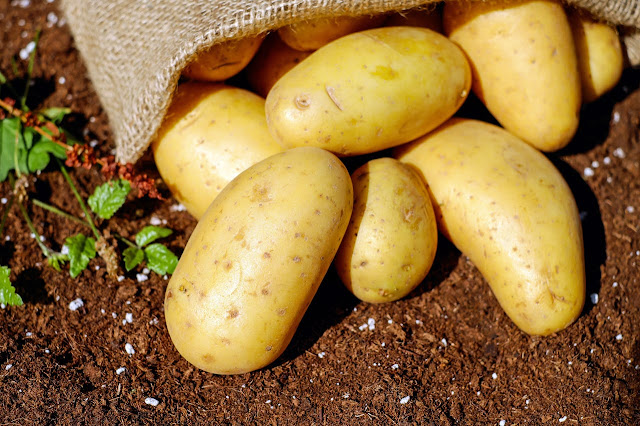Introduction
Gardening is a rewarding and therapeutic activity that doesn’t have to break the bank. In this article, we will explore various tips and tricks for frugal planting, allowing you to cultivate a beautiful garden without emptying your wallet.
Setting the Foundation: Planning Your Budget-Friendly Garden
1. Assessing Your Space
Before diving into the soil, evaluate the space you have for your garden. Understanding your limitations will help you plan accordingly.
2. Choosing the Right Plants
Opt for plants that are well-suited to your region and climate. Native plants are often more resilient and require less maintenance, saving you both time and money.
3. Budget-Friendly Garden Design
Create a simple yet effective garden layout. A well-thought-out design not only enhances aesthetics but also maximizes efficiency.
Seeds of Savings: Starting from Scratch
4. Growing from Seeds
Begin your gardening journey by growing plants from seeds. This cost-effective method allows you to explore a wide variety of plants without spending much.
5. Seed Swapping
Engage with your local gardening community and participate in seed swapping events. This not only diversifies your garden but also helps you obtain seeds for free.
Soil Matters: Affordable Soil Solutions
6. Composting
Make your own compost using kitchen scraps and yard waste. Homemade compost enriches the soil with nutrients, reducing the need for expensive fertilizers.
7. Mulching Magic
Mulching not only retains soil moisture but also prevents weed growth. Use organic materials like straw or newspaper for an affordable and eco-friendly solution.
Water Wise: Efficient Watering Techniques
8. Drip Irrigation Systems
Investing in a drip irrigation system may seem daunting initially, but it saves water and ensures that each plant receives the right amount of moisture.
9. Rainwater Harvesting
Harness the power of nature by collecting rainwater. Set up rain barrels to store water, reducing your reliance on expensive tap water.
DIY Garden Tools: Crafting on a Budget
10. Upcycled Garden Tools
Visit thrift stores or repurpose old household items to create budget-friendly garden tools. This not only saves money but also adds a personal touch to your gardening experience.
11. Homemade Pest Repellents
Avoid costly commercial pest repellents by making your own using ingredients like garlic, neem oil, or soap. It’s an effective and inexpensive way to protect your plants.
Nurturing Nature: Sustainable Practices
12. Natural Pest Predators
Encourage beneficial insects like ladybugs and praying mantises to control pest populations naturally. This ecological approach is both cost-effective and environmentally friendly.
13. Crop Rotation
Implementing crop rotation prevents soil-borne diseases and reduces the need for chemical interventions. It’s a strategic and budget-conscious way to maintain a healthy garden.
Harvesting Happiness: Maximizing Yield
14. Continuous Harvesting
Regularly harvest fruits and vegetables to encourage continuous growth. This not only provides a steady supply of fresh produce but also maximizes your garden’s yield.
15. Saving Seeds for the Future
Wrap up your frugal gardening journey by saving seeds from your harvest. This sustainable practice ensures a self-sustaining garden for years to come.
Conclusion
Creating a thriving garden on a budget is not only feasible but also immensely gratifying. By incorporating these frugal planting tips into your gardening routine, you’ll not only save money but also foster a deeper connection with nature.
Frequently Asked Questions (FAQs)
- Can I really save money by growing plants from seeds?
- Absolutely! Growing from seeds is not only cost-effective but also provides a wide range of plant varieties to choose from.
- How do I start composting at home?
- Home composting is easy! Collect kitchen scraps like fruit peels and coffee grounds, mix them with yard waste, and let nature do the rest.
- Are homemade pest repellents as effective as commercial ones?
- Yes, homemade pest repellents can be highly effective, and they often come without the harmful chemicals present in commercial options.
- Why is rainwater harvesting beneficial for my garden?
- Rainwater is pure and free from additives, making it an excellent natural resource for your garden. Harvesting it also reduces your water bill.
- What is the significance of crop rotation in gardening?
- Crop rotation helps prevent the buildup of soil-borne diseases, promotes soil health, and minimizes the need for chemical treatments.
Learn about DIY Raised Bed Gardening: A Step-by-Step Guide
